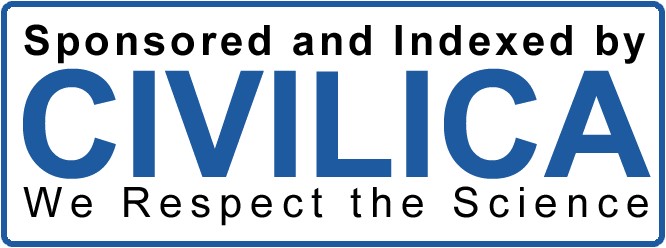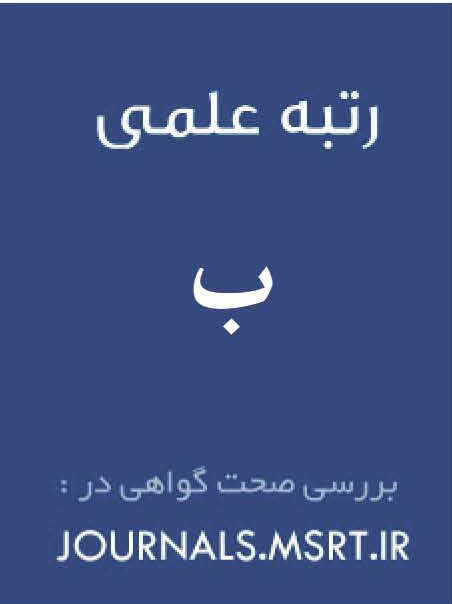Comparison of Transcranial Direct Electrical Stimulation and Acceptance-Based Behavioral Therapy on Anxiety and Blood Pressure in Cardiovascular Patients
Keywords:
Acceptance-based behavioral therapy, transcranial direct electrical stimulation, overt anxiety, covert anxiety, blood pressure, cardiovascular patientsAbstract
Introduction and Aim: Cardiovascular patients face many challenges, especially in the field of anxiety and blood pressure. Therefore, the present study aimed to comparison of transcranial direct electrical stimulation and acceptance-based behavioral therapy on anxiety and blood pressure in cardiovascular patients.
Methodology: The present study was a randomized controlled clinical trial with a pretest, posttest, and three-month follow-up design with experimental and control groups. The study population was cardiovascular patients referred to Baqiyatallah Hospital in Tehran from June to September 2019. Number of 36 patients were selected by purposive sampling and randomly assigned to three equal groups. The first experimental group received transcranial direct electrical stimulation, the second experimental group received acceptance-based behavioral therapy, and the control group remained on the waiting list for training. The research instruments included a researcher-made demographic questionnaire, State-Trait Anxiety Inventory (Spielberger et al, 1983), and a blood pressure monitor. The data were analyzed using repeated measures analysis of variance in SPSS software.
Findings: The results showed that there was a significant difference between the experimental and control groups in the variables of anxiety, and blood pressure of cardiovascular patients, and the results were maintained in the follow-up phase (P<0.001). Also, the comparison of the experimental groups showed that the effectiveness of acceptance-based behavioral therapy was greater than transcranial direct electrical stimulation in both variables of anxiety, and blood pressure of cardiovascular patients (P<0.05).
Conclusion: The findings indicated the effectiveness of both methods of transcranial direct electrical stimulation and acceptance-based behavioral therapy in reducing anxiety, and blood pressure in cardiovascular patients, and acceptance-based behavioral therapy was more effective than transcranial direct electrical stimulation.
Downloads
Downloads
Published
Submitted
Revised
Accepted
Issue
Section
License
Copyright (c) 1403 زهره توکلی (نویسنده); بیوک تاجری; شکوفه رادفر, فرهاد جمهری, آرزو خسروی (نویسنده)

This work is licensed under a Creative Commons Attribution-NonCommercial 4.0 International License.






